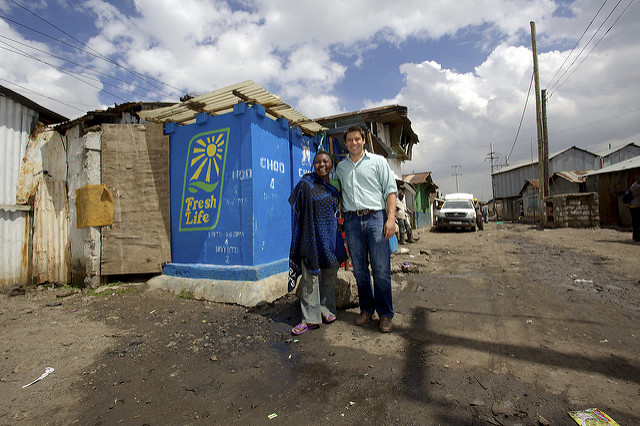 2.5 billion people lack access to a hygienic toilet. The toilets that they do have often dump human waste into water sources or leave it exposed to the air. Leaving human waste in water or out in the open can cause diarrheal diseases that can kill many people, mainly affecting children under the age of five. Sanergy, the creator of Fresh Life Toilets, hopes to provide toilets for Kenya and alleviate the unhygienic conditions in slums.
2.5 billion people lack access to a hygienic toilet. The toilets that they do have often dump human waste into water sources or leave it exposed to the air. Leaving human waste in water or out in the open can cause diarrheal diseases that can kill many people, mainly affecting children under the age of five. Sanergy, the creator of Fresh Life Toilets, hopes to provide toilets for Kenya and alleviate the unhygienic conditions in slums.
These low-cost and high-quality sanitation toilets prevent people in Kenyan slums from using pit latrines or what is known as “flying toilets”, which are non-decomposing plastic bags. What Sanergy offers are not only toilets for Kenya and its communities, but a proper way to dispose of the waste as well.
Sanergy and those in the areas that work with them collect the waste on a daily basis. After they have replaced the waste cartridges, they take the waste to a treatment plant to convert it to fertilizer or a protein for animal feed. These treated products are then sold at a lower price than the competing alternatives offered in Kenya. Essentially, Sanergy is turning human waste into money.
Most of the operations involved with the Fresh Life Toilets are run by local business people. Sanergy is not only creating a more sanitary environment by providing toilets for Kenya, they are also providing jobs. Over 90 percent of Sanergy’s employees are Kenyan and 60 percent of them live in the communities in which they serve.
Currently, 1134 Fresh Life Toilets are active. In 2017, 2467 metric tons of human waste were safely transferred and made into fertilizer. Because of these toilets, over 900 jobs have been provided to Kenyan people.
Fresh Life Toilets not only provide toilets in Kenya, but also a reliable income for the families that own them, created by a small fee that is comparable to the cost of non-hygienic alternatives. By doing this, individuals in the community get both a source of profit and an increase in sanitation, benefiting both the Kenyan people and their economy.
An example of the change a Fresh Life Toilet can make is exemplified by Fresh Life Toilet owner Agnes Kwamboka, who used to sell an illegal alcoholic beverage called “chang’aa” in order to provide for her family. Being an owner of a Fresh Life Toilet has changed that. Now, she is able to make a profit, help the local economy and contribute to a cleaner environment in a safe and legal way.
The Fresh Life Toilets provide Kenyans with a hygienic way to use the bathroom. With the Fresh Life Toilets, they no longer have to use the undignified flying toilets and their communities are much cleaner. Sanergy is able to provide the communities with disease prevention and sources of income with one solution, giving them the opportunity to grow.
– Daniel Borjas
Photo: Flickr

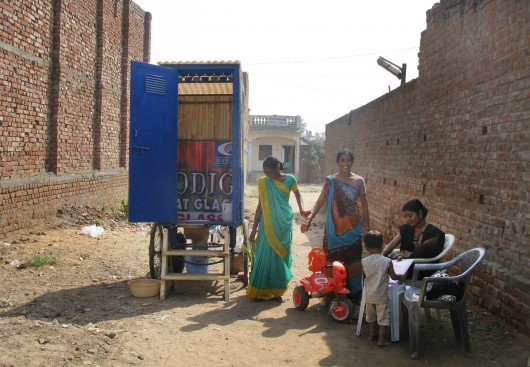
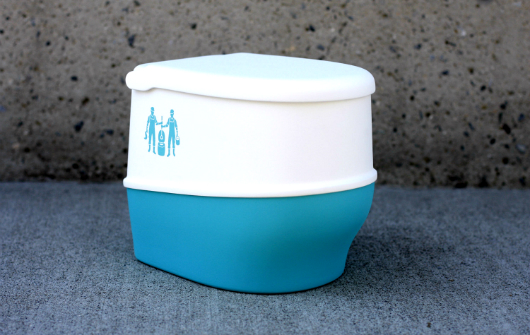

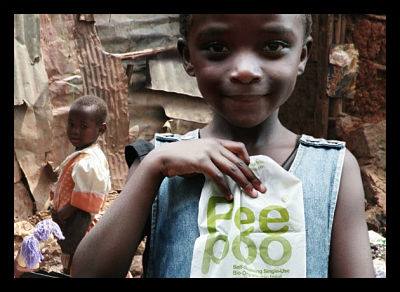
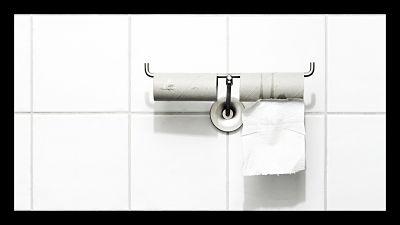


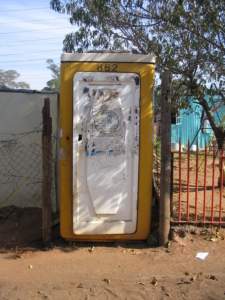 How is poverty fought? Well, there are many different approaches that are currently being tried and some may seem more self-explanatory than others. For example, there are micro-lending, education aid, anti-corruption efforts, and attempts to create jobs and industry. But what about
How is poverty fought? Well, there are many different approaches that are currently being tried and some may seem more self-explanatory than others. For example, there are micro-lending, education aid, anti-corruption efforts, and attempts to create jobs and industry. But what about